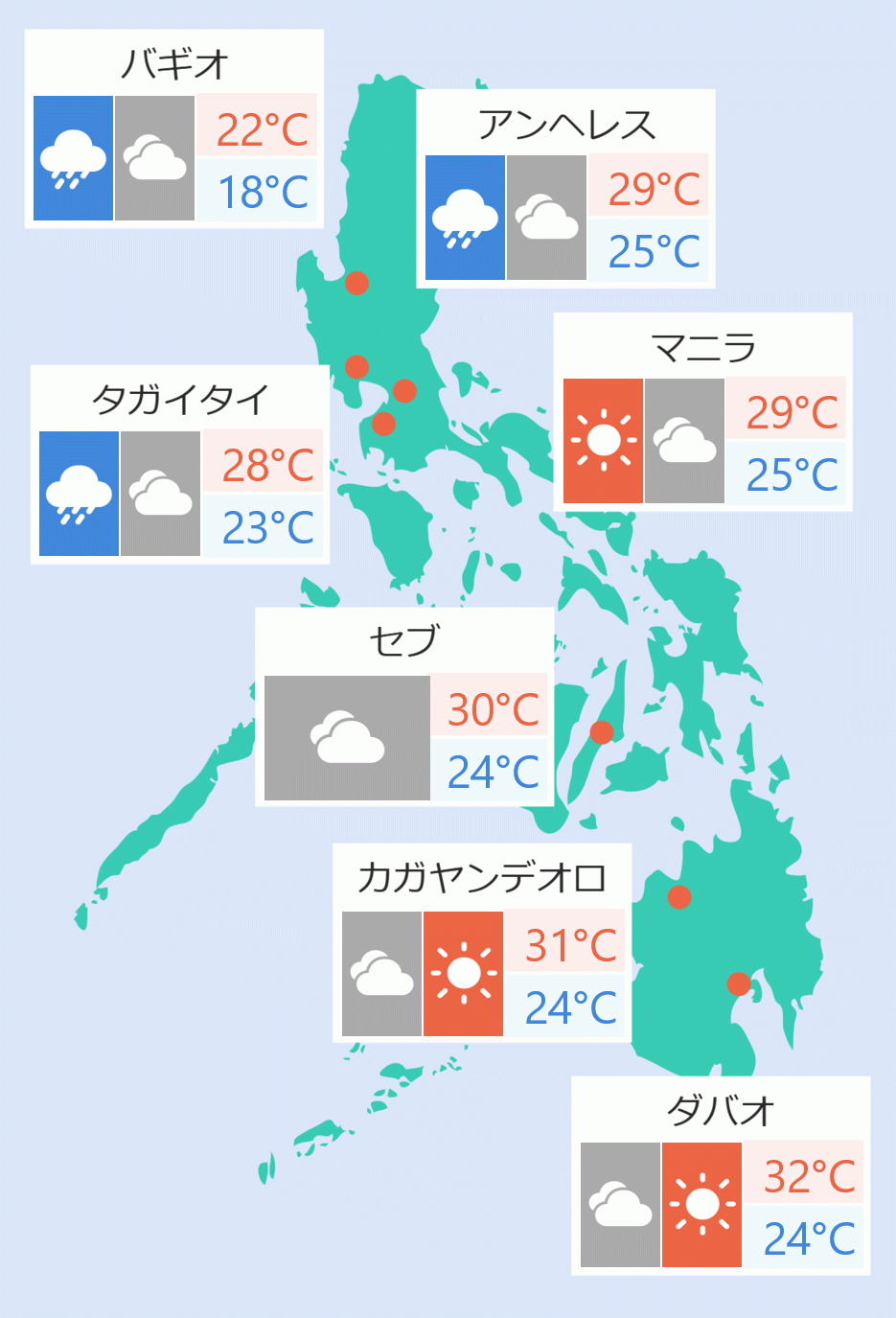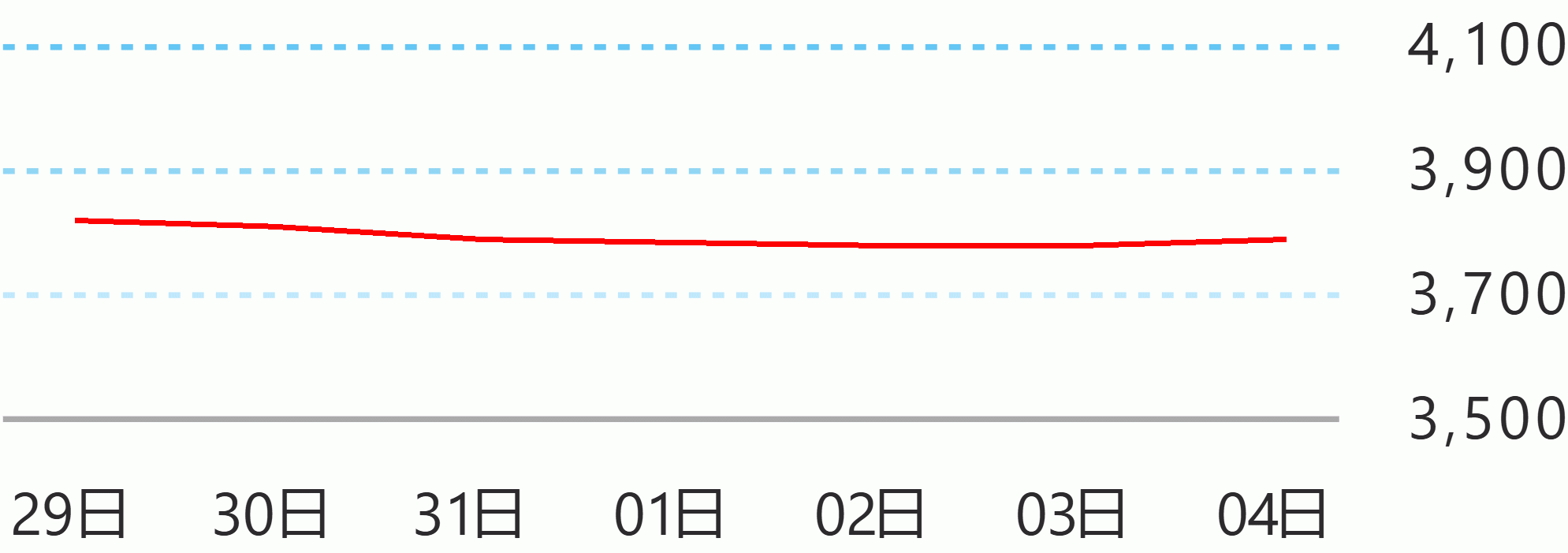The newly signed law imposing higher taxes on cigarettes and a new tax on e-cigarettes and other alternative devices for smoking will enable the government to properly implement the Universal Health Care (UHC) program, in keeping with President Duterte's commitment to improve the lives of Filipinos by expanding the delivery of healthcare services, especially to low-income families, Finance Secretary Carlos Dominguez III said.
Dominguez said that while this new law signed by the President last Thursday is primarily a health measure meant to wean smokers from their addiction and discourage young Filipinos from taking up this vice, Republic Act (RA) No. 11346 will also bankroll the UHC program, which would require an initial budget of P257 billion in its first year of implementation.
“President Duterte’s goal is to implement the UHC program the way it was meant to be implemented: as a first-class law at par with the world’s best healthcare systems. It is meant to provide quality and affordable healthcare for all, especially for poor families,” Dominguez said. “We can only accomplish this by raising the taxes on ‘sin’ products. The revenues we will collect from the higher or new taxes on regular tobacco products and their alternatives will help fill the funding gap in the UHC program."
He said RA 11346 is in step with the President’s commitment in his 4th State-of-the-Nation Address (SONA) to lay the groundwork that will ensure a secure and comfortable life for every law-abiding Filipino.
The new law increases the excise tax on cigarettes from the current P35 per pack to P45 starting January 1 next year. This will be followed by a P5 increase every year until the rate reaches P60 in 2023. Starting 2024, the rate will be increased by 5 percent every year.
RA 11346 also imposes a new tax on electronic cigarettes, including heated tobacco and vapor (vaping) products. The law imposes a minimum P10 excise tax for 0-10 ml of liquid solution or gel starting Jan. 1 next year. Every 10.o1-20 ml is taxed P20; 20.01-30 ml, P30; 30.01-40 ml, P40; 40.01-50 ml, P50; and for more than 50 ml, P50 plus P10 for every additional 10 ml. Starting Jan. 1, 2021, the rate will be increased by 5 percent every year.
Dominguez expressed the hope that the new Congress will also pass a law within this year that will increase excise taxes on alcohol products to at least P40 per liter and further raise taxes on heated tobacco and vapor products to the same level as that of regular cigarettes.
These measures, he said, will completely fill the funding requirements for the UHC program while curbing smoking, binge drinking and other vices, especially among the youth.
Dominguez earlier pointed out that from 2020 to 2024, all current sources of government funding can cover UHC at around P200 billion annually. The cost of the program will start at P257 billion in 2020 and grow at an average of around P11 billion to P12 billion per year, amounting to a five-year total of around P1.44 trillion by 2024.
Without substantially adjusting the current tax rates of ‘sin’ products, Dominguez said the cumulative funding gap by 2024 will reach P426 billion.
He said raising excise taxes on tobacco products is a major step in ensuring that the UHC program is properly and effectively implemented.
The UHC law aims to expand Philippine Heath Insurance Corp. (PhilHealth) coverage for primary care to cover 120 drugs.
With UHC, there will be no limit to primary care treatment conditions. Barangay health care facilities will also be expanded and will be better equipped to render primary health care.
The rise in incomes and slower increases in "sin" taxes over the past few years have made cigarettes and alcoholic drinks increasingly affordable to the average Filipino, which, in turn, has increased anew the number of smokers, especially among the youth, and made binge drinking more prevalent.
Raising tobacco taxes in 2012 succeeded in reducing smoking prevalence from 29 percent during that year to 22.7 percent in 2015.
However, smoking has gradually been on the rise, reaching 23 percent in 2018, eroding the deterrent effects of the 2012 “sin” tax law. DMS





 English
English









